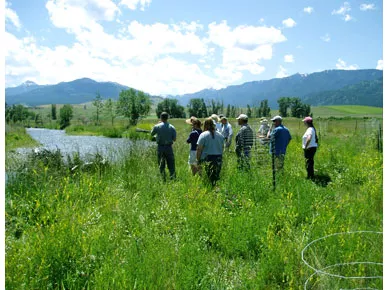
Upon successful completion of the Certificate in Water Conflict Management and Transformation, students will be able to:
-
Improve their listening skills through practice and critiquing;
-
Increase their understanding of the culture and environment from multiple perspectives and scales (both geographic and temporal) on water conflict issues;
-
Demonstrate an understanding of the complexity of the water resource systems and how they interact with water uses;
-
Articulate the latest debates, insights, concepts, and tools in conflict management and resolution;
-
Uncover and assess conflicting water use interests in the framework of policy objectives and constraints;
-
Analyze the significance of institutional frameworks for water resources at multiple scales - local, national, regional, and international - in terms of potential for cooperation and conflict;
-
Demonstrate knowledge of a variety of management, negotiation, and decision-support scenarios, and have the capacity to apply that knowledge to water resource conflict problems at local, national, regional, and international scales;
-
Concisely summarize a personal position in current debates in water resources management, accurately formulate leading concepts and latest understanding in the field, and effectively select and apply suitable tools pertaining to preventing and resolving water conflicts;
-
Successfully work and communicate in a multi-disciplinary, multi-cultural environment.